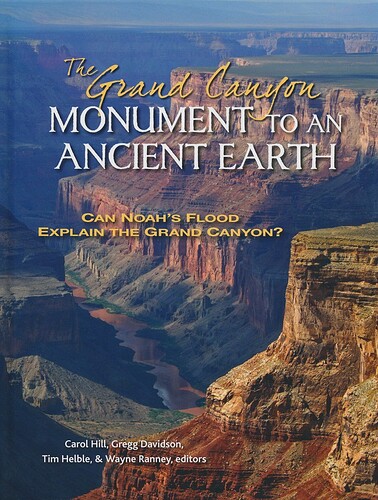Thanks again, Christy. So now, I think we can get on the same page.
Phil McCurdy correctly noticed that I did not see more from an original post where NT Wright responded more in-depth to the student. Unfortunately, I didn’t see the original post. So, I jumped to a premature assessment, but we still need this conversation to clarify my thinking regarding a scientific response to the creation issue. It is a “stumbling block” issue.
Also, Skovand correctly discounted “pseudoscience.”
Please don’t discount my view of biblical creation in a scientific context too quickly. Instead, let me explain the scientific part of what I didn’t make clear in my first response.
Einstein, Planck, Maxwell, and a few other Nobel laureates do not constitute a pseudoscience platform, nor do they endorse a spiritual worldview. The caveat is that John 1: 1-3 explains ex nihilo creation from the mind of God by His Word, which matches a scientific delivery of the Initial Singularity. (Caused by the Creator, possibly using gravity.) Science calculates the finite age of the universe back to about 13.8 billion years when time started with the Planck epoch, nicknamed the Big Bang. The following 385,000 years constitute the “Cosmic Dark Age,” where no light could escape from the new creation, a colossal astrological and cosmological blind spot. Our Milky Way Galaxy with planetary earth did not follow for about ten billion years later. (God mentioned to Job that He was at work when “the sons of God rejoiced” at His handiwork.) Biblically, this work constitutes phase one of Creation, the prequel to Genesis.
The “Let there be”… creative events of Genesis are scientifically consistent in the biblical context of de novo new beginnings. Quantum Field Theory (QFT) is the scientific explanation for our physical reality. The Standard Model of Elemental Particles accounts for all of the materials we know on the Periodic Table of Elements. The principles of interacting fields are well-tested and accepted by most scientists worldwide. Therefore, I conclude that the Word of the Creator instructs directions into the universal homogeneous electromagnetic field to initiate and maintain His creative works.
So, Christy, I agree with Dr. Collins that the Bible is not a science book. However, it does always tell the truth. The scientific challenge is to answer the "How can it be? question with biblical integrity. What I did not make clear earlier was that the “theoretical” idea of “God can do anything He chooses” is a “spiritual” issue. Spiritually, literal interpretations, in my view, have been perfectly acceptable in the sight of God for the past two thousand years. Science should not be pushed as a “stumbling block” to void faith-based thinking. Secular professors and skeptics push that agenda. However, the principle of Progressive Revelation provides tension for the scientific community to keep faith-based theology relevant in light of our new information. God created the rules science is discovering, and He uses them for His purposes.
Thanks again for considering my posts; I find thoughtful responses helpful.
 “that’s sort of like asking whether I’m voting democrat or republican in the next election. That’s an American question and the rest of us don’t vote in that election”
“that’s sort of like asking whether I’m voting democrat or republican in the next election. That’s an American question and the rest of us don’t vote in that election”






